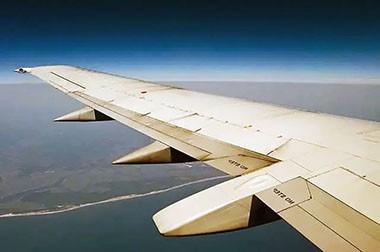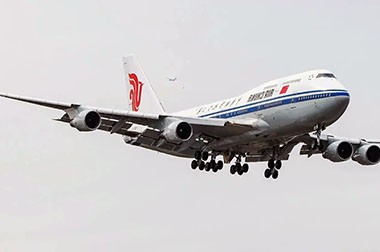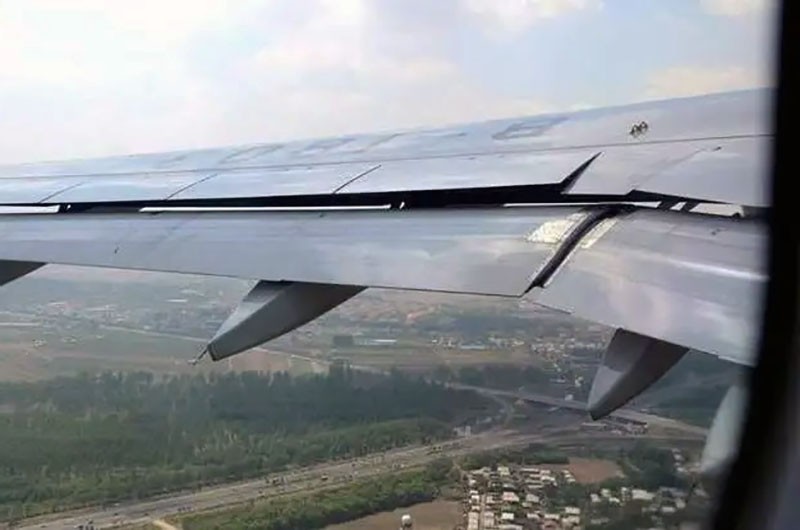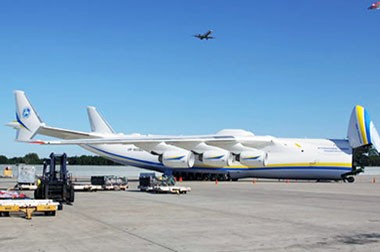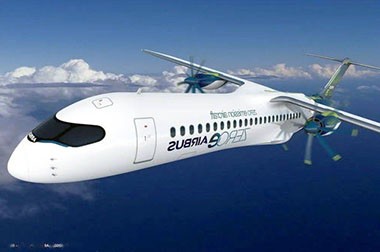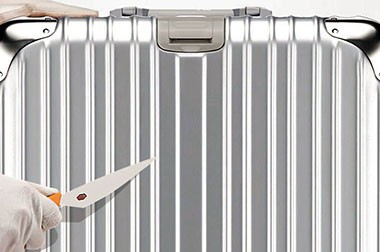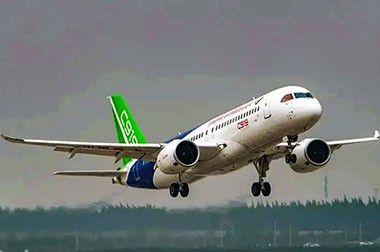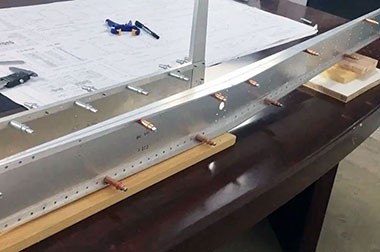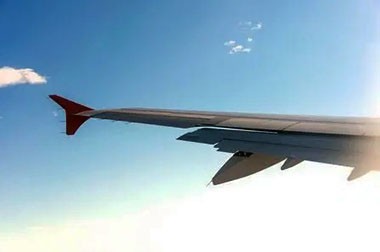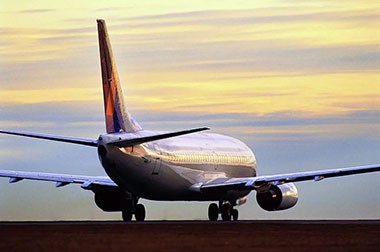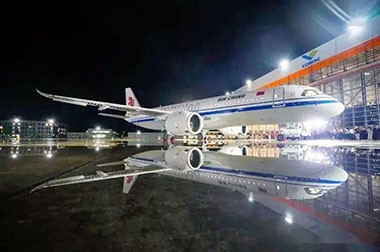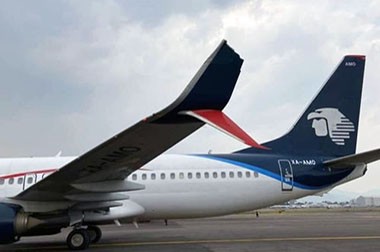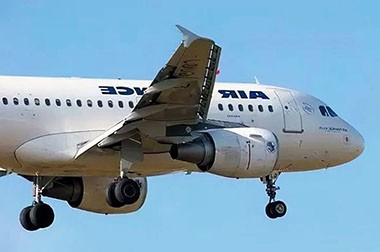7000 Series Aluminum Alloys: Aviation's Preferred Choice
The 7000 series aluminum alloys are one of the preferred materials in the aerospace field due to their excellent strength and good corrosion resistance. The main alloying element in this series is zinc, and magnesium and copper are usually added to enhance the strength and hardness of the material. 7000 series aluminum alloys possess excellent mechanical properties and fatigue resistance, making them ideal for high-stress components, such as aircraft structures and landing gear components.
Characteristics of 7000 Series Aerospace Aluminum Alloys
1. High Strength
The 7000 series aluminum alloys exhibit very high strength, especially alloys like 7075, 7050, and 7150, whose tensile strength and yield strength far exceed those of other aluminum alloys. This makes them widely used in the aerospace industry for load-bearing structural components, such as wings, fuselage frames, landing gear, bolts, and fasteners.
2. Fatigue Resistance
Aircraft endure constantly changing loads during flight, so the fatigue resistance of materials is crucial. 7000 series aluminum alloys, especially 7075 and 7175, are known for their excellent fatigue resistance, making them suitable for components that undergo long-term stress cycles, such as wing spars and other high-stress structures.
3. Good Corrosion Resistance
While the corrosion resistance of the 7000 series aluminum alloys is not as good as that of the 5000 series (which contains magnesium as the primary alloying element), through heat treatment and chemical treatments such as T73 and T76 tempers, the 7000 series alloys can achieve good corrosion resistance. Alloy 7050, in particular, is optimized for use in humid environments or marine climates, making it suitable for aircraft skins and other exposed structural components.
4. Excellent Machinability
The 7000 series aluminum alloys are suitable for various manufacturing processes, including forging, extrusion, milling, and welding. Alloys like 7050 and 7075 can achieve better dimensional stability through heat treatment, making them ideal for the manufacture of precision aircraft parts.
5. High Toughness and Fracture Toughness
Alloys such as 7050, 7150, and 7175 have high fracture toughness, making them particularly suitable for components requiring both high strength and toughness, such as landing gear components, seat frames, and fuselage structures.
6. Lightweight
Compared to steel, the 7000 series aluminum alloys have much lower density, despite their strength being close to or even exceeding certain types of steel. Aerospace applications demand lightweight materials, and the 7000 series aluminum alloys can significantly reduce the overall weight of an aircraft while maintaining high strength.
7000 Series Aerospace Aluminum Alloy Types and Applications
Aerospace Aluminum Alloy 7075
Applications: Widely used in major aircraft structures, such as wing frames, aircraft skins, landing gear components, fasteners, and more.
Characteristics: 7075 aluminum alloy has high strength and excellent fatigue resistance, though its corrosion resistance is slightly lower. Coatings and surface treatments are commonly used to enhance corrosion protection.
Aerospace Aluminum Alloy 7050
Applications: Commonly used in the manufacture of aircraft fuselages, wing spars, landing gear, and other critical structures.
Characteristics: It offers excellent corrosion resistance and stress corrosion cracking resistance, especially in the T74 and T76 tempers, making it ideal for thick plates and extrusions.
Aerospace Aluminum Alloy 7175
Applications: Widely used in aircraft landing gear, seat frames, and fuselage structures.
Characteristics: It has high strength and excellent fatigue resistance, along with superior toughness and fracture resistance, making it suitable for high-load aerospace components.
Aerospace Aluminum Alloy 7150
Applications: Extensively used in the manufacture of aircraft wing structures, fuselage frames, and landing gear components.
Characteristics: In the T6 and T76 tempers, it exhibits extremely high strength and toughness, enabling it to work reliably under harsh flight conditions.
Applications: Used in the manufacture of aerospace structural components, seat frames, window frames, door frames, and other secondary structures.
Characteristics: The 7049 aluminum alloy has good machinability and fatigue resistance, making it suitable for extrusions in complex structures.

